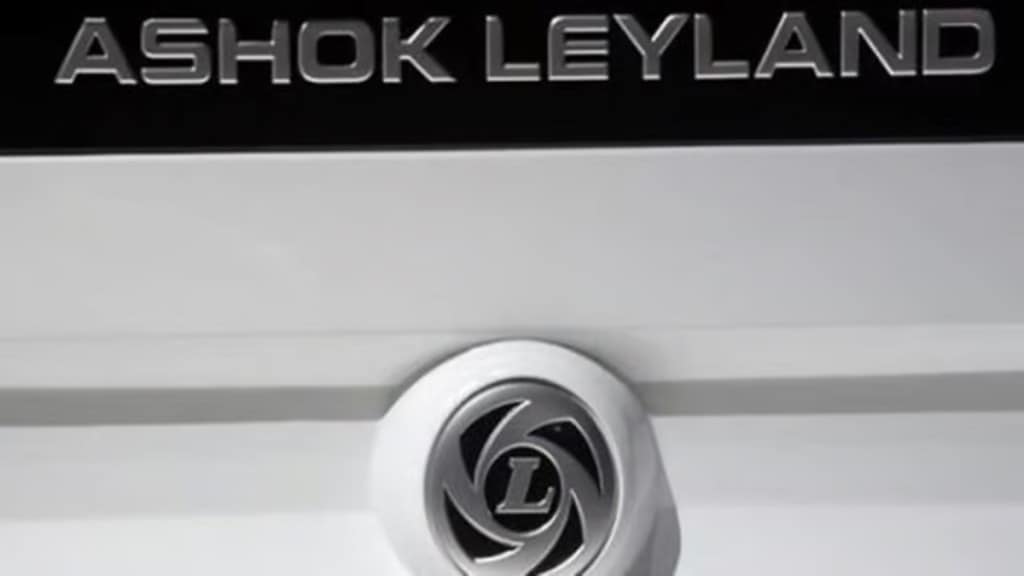Commercial vehicle major Ashok Leyland said the government’s mandate for air-conditioned (AC) cabins in all medium and heavy commercial vehicles (M&HCVs) will increase vehicle costs by around 1.5%, but is unlikely to cause any slowdown in demand.
“The overall cost to consumers will go up by 1.5%, depending on the category, configuration, and application,” Sanjeev Kumar, president and head of M&HCV at Ashok Leyland, told FE.
He, however, added that the price increase will not negatively impact demand. The industry was well-prepared for the transition since the regulation was announced in December 2023. “Unlike the situation during the changes in emission norms, we have not seen any pre-buying this time. So the demand remains intact,” he said.
Ashok Leyland’s domestic MHCV truck sales declined 5% year-on-year to 93,540 units in FY25. The slowdown continued into the new fiscal, with a 10% drop in April sales to 5,915 units.
Kumar noted that about 15–20% of the commercial vehicle industry has already adopted AC cabins, which he said will improve driver productivity and efficiency. “Earlier, monthly vehicle utilisation stood at 7,000–8,000 km. Now, we are talking about 15,000–20,000 km,” he said, adding that AC cabins will significantly enhance fleet performance on long-haul routes.
The Chennai-based manufacturer is currently producing AC-fitted trucks across its entire M&HCV range at all its facilities. The draft notification for AC cabins was approved by Union minister Nitin Gadkari in July 2023. From June 8, the Centre has mandated that trucks with capacities between 7.5 tonnes and 55 tonnes must be equipped with AC cabins.
Last week, Tata Motors, the country’s largest CV maker, rolled out factory-fitted AC systems across its entire truck range. The upgrade covers SFC, LPT, Ultra, Signa and Prima cabins, and for the first time, includes cowl models as well.
